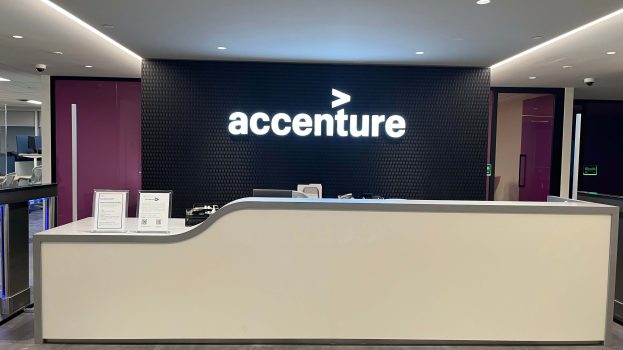The desire among millennials to spend more on experiences than things is becoming well-documented behaviour, and the rise of the sharing economy might have something to do with it.
Capital One Canada commissioned Vision Critical to survey 1,500 Canadians as part of its “C1DNX” event, which brought together thought leaders from several industries to discuss changing consumer perceptions, spending and the sharing economy. The survey report combined questions with anonymous data on the kinds of things Canadians spend on and how the sharing economy has impacted it, zeroing in on Airbnb.
“Consumer mindsets, particularly among millennials, are shifting in terms of where they place value,” says Jay Acharya, senior director of digital product strategy at Capital One Canada. “What we’ve discovered is that they’re starting to think about experiences over owning things that have historically been measures of wealth, like owning property or vehicles. If a brand can provide a convenient and compelling experience that answers that need, in the long run, it can build a relationship with them and a loyal customer base they can grow with into the future.”
Acharya points to the fact that 32% of millennials in the survey would rather spend on five years of “amazing experiences” than owning a house. Millennials are also three times more likely than those over 55 to try out a new service just so they can tell friends about it, while 53% say they go out of their way to research experiences and events that multiple people, including strangers, have been posting about on social media to stay “in the know.”
While it’s a more pronounced trend among millennials, the emphasis on experiences is becoming more apparent across demographics, as 85% of all Canadians said they would rather have two years of amazing experiences than upgrade an affordable car to a luxury model.
The survey also found that 46% of millennials would be willing to buy a house with friends as a way to share the costs.
“That stat shows that the sharing economy provides access to those services and experiences at lower costs to millennials, so it creates a bridge to those for them,” Acharya says.
Canadians are spending more on Airbnb than hotels (spending $444 per stay with Airbnb in June 2015, versus $269 for hotels), and the study suggests that may be because people are willing to stay longer. That’s not only because of Airbnb’s reduced cost, but because it helps facilitate the desire among 58% of Canadians to “live like a local” when they travel, as opposed to like a tourist (a number that rises to 67% when looking only at millennials).
People under 30 are 2.6 times more likely than the average Canadian to use Airbnb. Those with reported income between $50,000 and $70,000, as well as women, are also slightly more likely than average to use the service.
The common features of the sharing economy are also having an impact, as 63% of millennials are more likely to make a purchase from a brand that uses some kind of accessible customer rating system.
“Consumers are looking for transparency in interacting with companies and looking to ones that make reviews readily available to build trust and credibility,” Acharya says.
Though mobile payments have taken time to take off in Canada, attitudes appear to be shifting, as 70% of millennials believe digital or mobile payments are more convenient than cash, with 54% saying it made it easier to make and budget monthly expenses.
“Digital disruption is a means to an end, and the end in this case is delivering seamless experiences to our customers,” Acharya says. “User experience is key to having consumers adopt new services. Digital payments enable that by being convenient and simple. By using digital payments, consumers also have a greater ability to track and be more thoughtful about what they spend on, and empower themselves.”
























